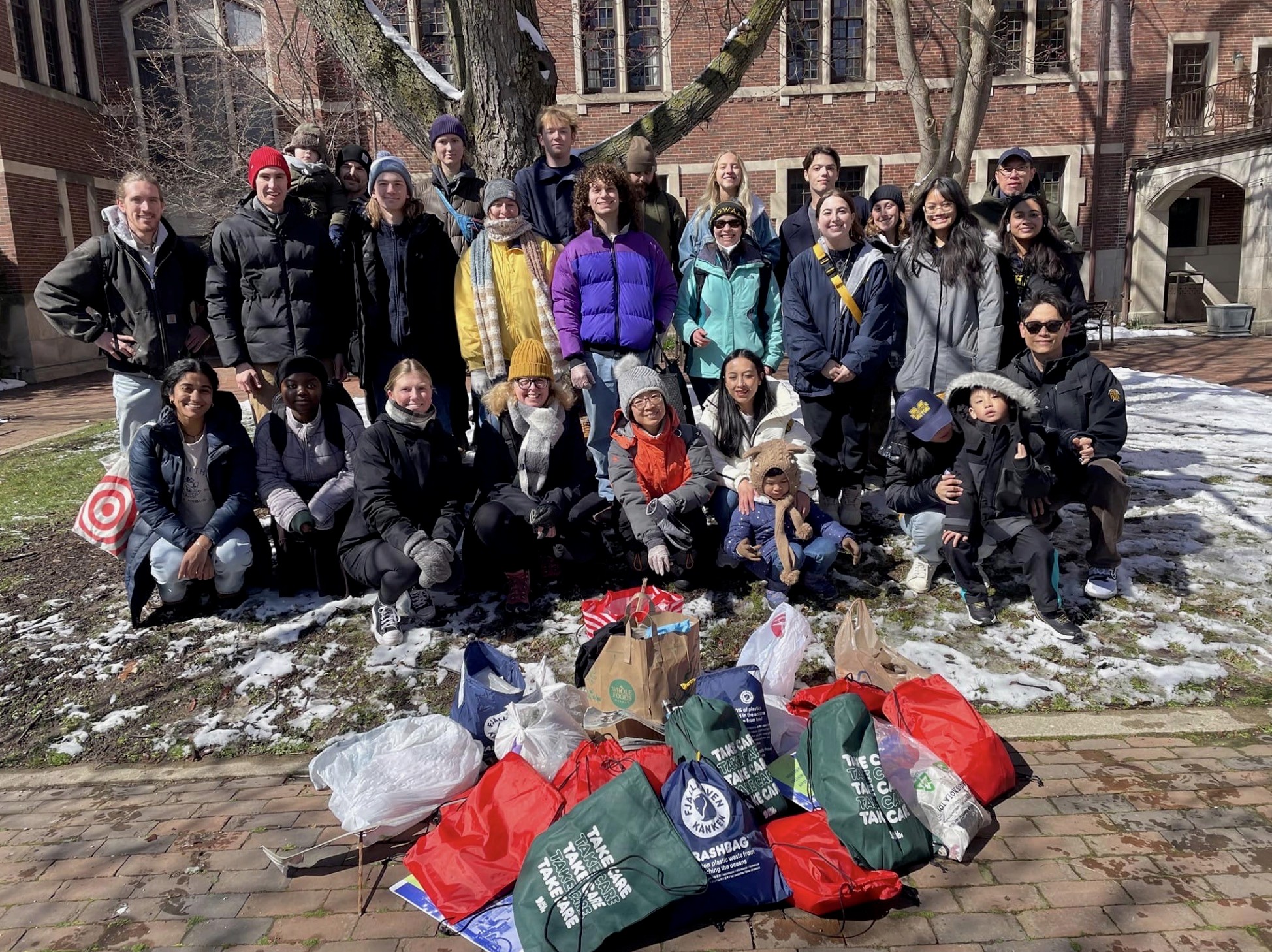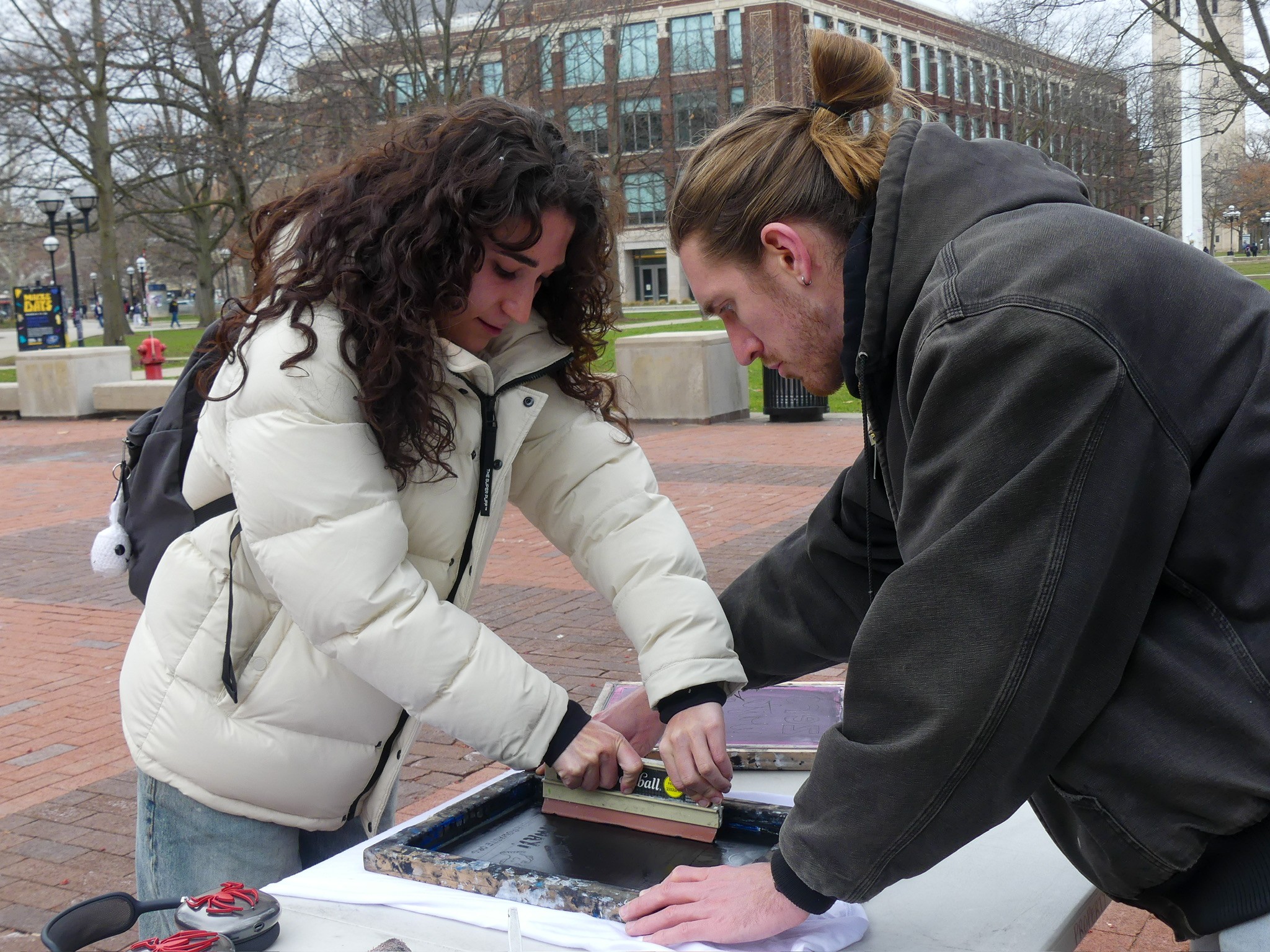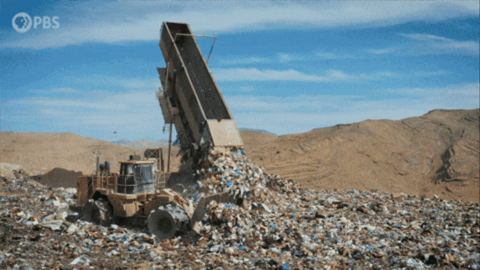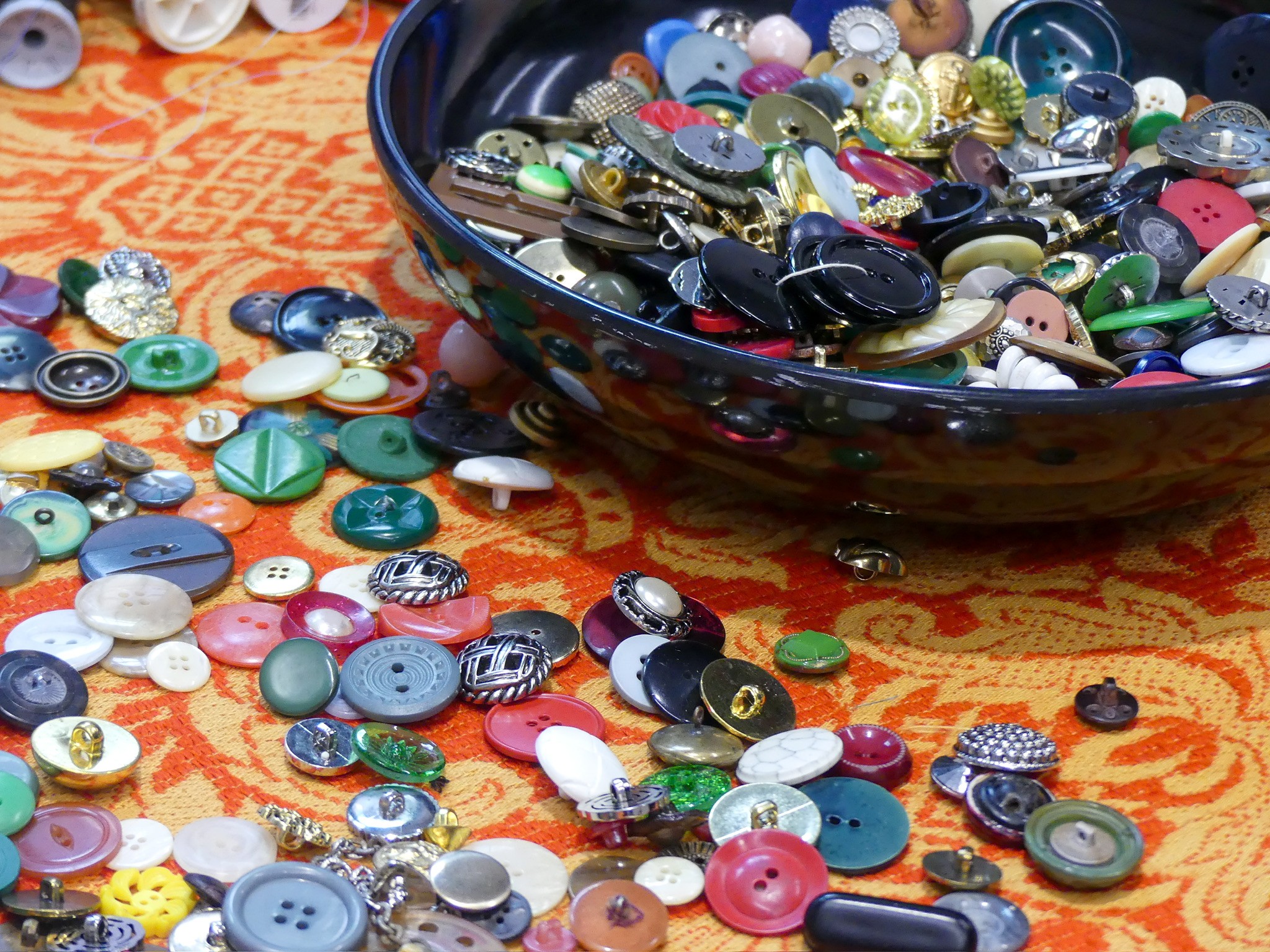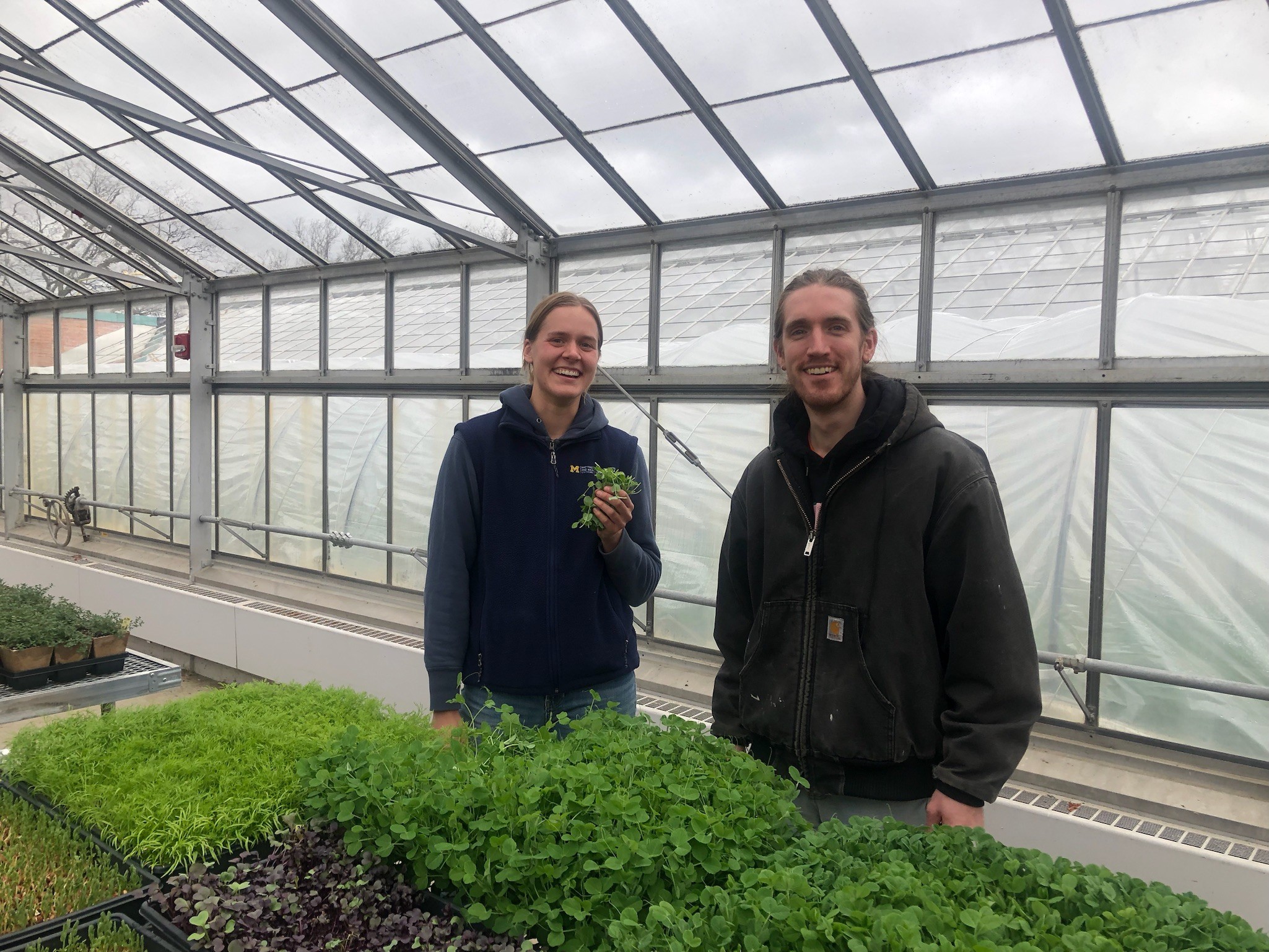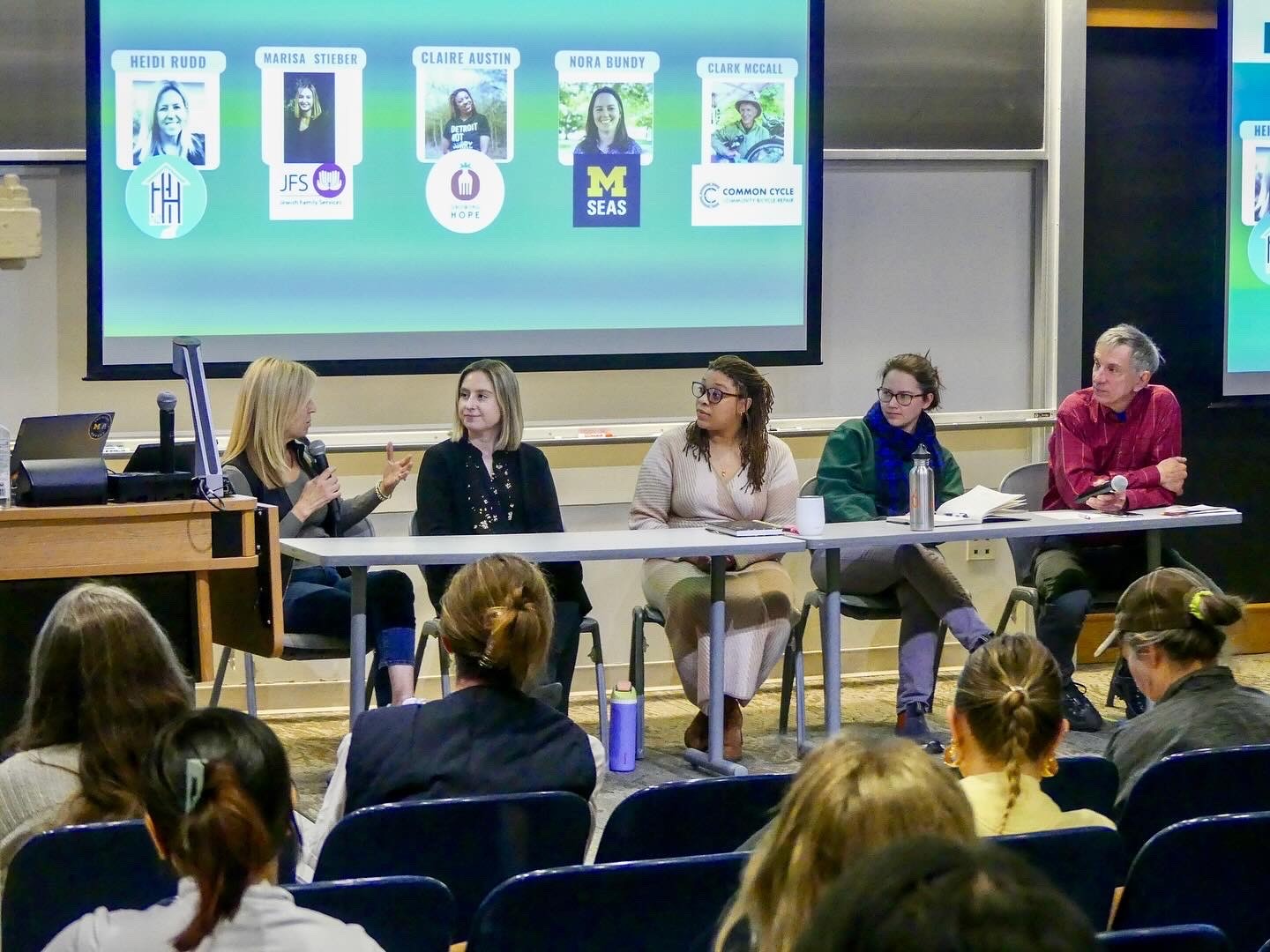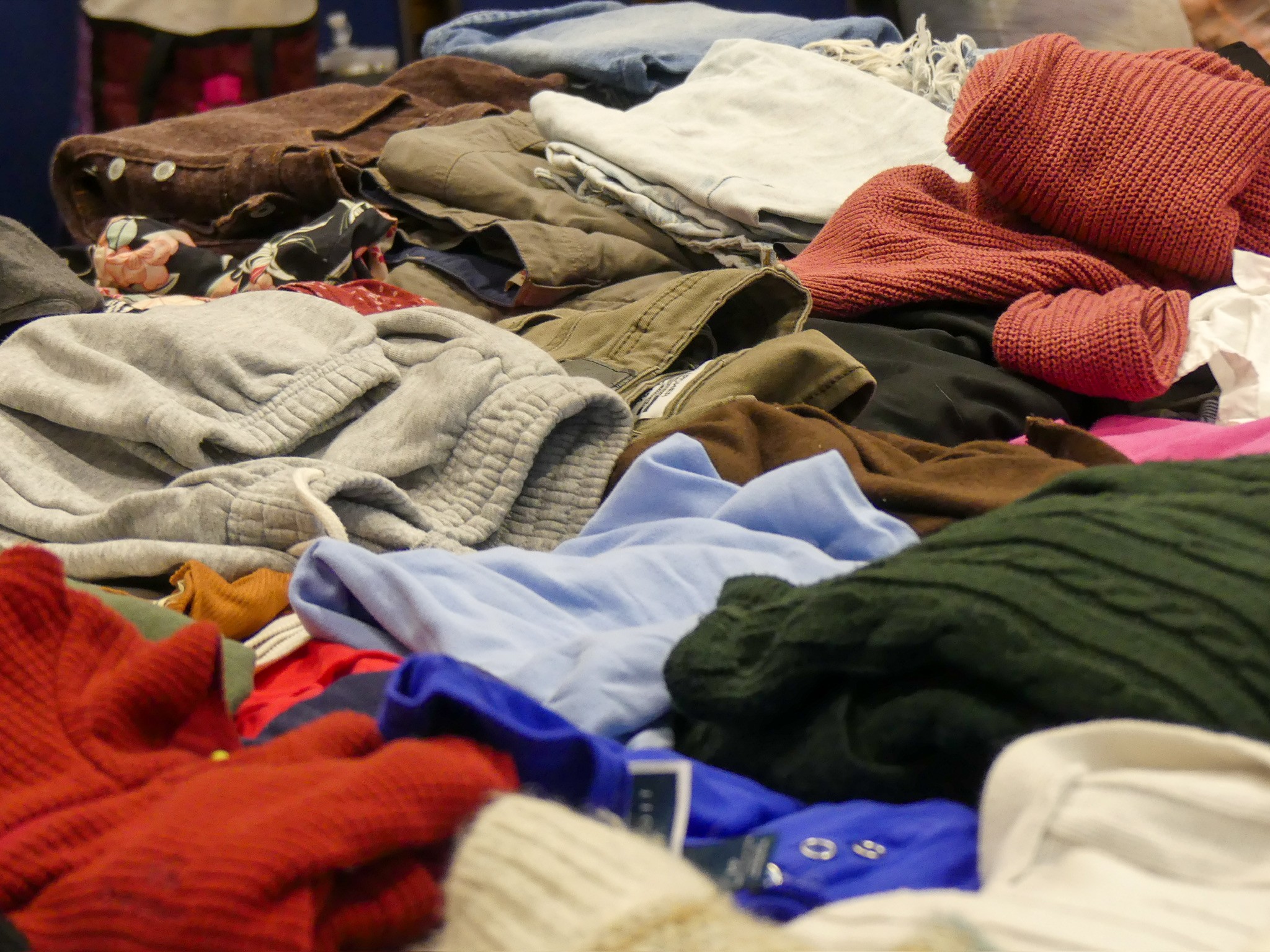Put Zero Waste Into Action
Get our free email course and learn everything you need to know about zero waste in five resource-packed emails.
We've got a big problem…
We make way more trash than we (or the planet) can handle, but as just one person it's easy to feel guilty and helpless.
…that you can help solve.
Taking action is the best way to go from helpless to hopeful. And luckily there is a lot you can do to make a real difference!
More than throwing away better
Most of the environmental impact of a product comes from its manufacturing and shipping.
We focus on reducing waste at the source by finding ways to avoid making new stuff in the first place.
Wherever you are, go zero waste
Big change starts small
We think globally, but we find power in acting locally.
"We don't need a handful of people doing zero waste perfectly. We need millions of people doing it imperfectly."
Anne-Marie Bonneau, @ZeroWasteChef
🤿 Dive In
Swaps Database
Search for zero waste alternatives to common items
How to start zero waste
A comprehensive guide to reducing waste in your everyday life
Food Waste
Tackling food waste is the most impactful action you can take to reduce your household's trash
Zero Waste Essentials
Basic techniques and items that help make every day less wasteful
Why Zero Waste?
Trash is environmental impact you can touch, understand, and act on. It's the very last step in a long chain of extraction that does real damage to people and the planet. When we find ways to eliminate waste we not only avoid that harm, we build up alternatives too!
